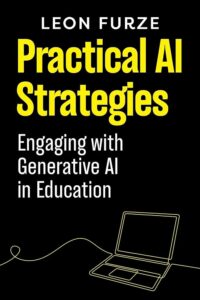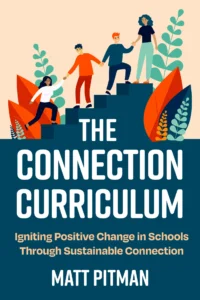I know it’s obvious to say, but the 2020 workplace, like everything else in 2020, looks very different to any other time in living memory. Busy offices and staff rooms have been transported to employee’s study’s and kitchens. The Coronavirus has changed the way we work and will have an impact moving forward.
The education sector is not immune to this change. For the first time in history, traditional primary and secondary schools in Australia moved to a full virtual program, with teachers delivering lessons from home, via a range of online platforms.
While work wellbeing has recently moved to the top of the agenda in many workplaces, relocating entire workforces from the office to the home, has given the area of staff health a new focus.
In their book, Work Wellbeing: Leading thriving teams in rapidly changing times, Social Researches, Mark McCrindle and Ashley Fell, explore what the key priorities are for workers and how the employer can facilitate positive workplace wellbeing.
My key takeaways from the book are as follows:
- Work wellbeing must be a priority. Hosting the occasional morning tea in not enough.
- Workplace culture and employees having a purpose will always trump remuneration.
- We need leaders, not bosses, particularly coming out of COVID where employees will be venerable as they reenter the workplace.
- Leaders need the ability to listen to their team. This is a key characteristic of collaborative leaders, the preferred leadership style of employees.
While many industry’s may find their workplaces look different after COVID, there will be some normality for teachers as they return to classrooms. School reform is always slow, so the option for teachers to work from home, as part of their normal workday, will be a long time coming. In the next few months, schools must have a dedicated focus on the wellbeing of their staff. Staff who have been looking at screens for close to 3 terms will need support as they transition themselves and their students back to school. Principals executive teams must be flexible, observant and encouraging of their staff to create a workplace culture that promotes the wellbeing of the whole person and it not just a dot point at the end of a meeting agenda.
Work Wellbeing: Leading thriving teams in rapidly changing times is available from workwellbeing.com.au





